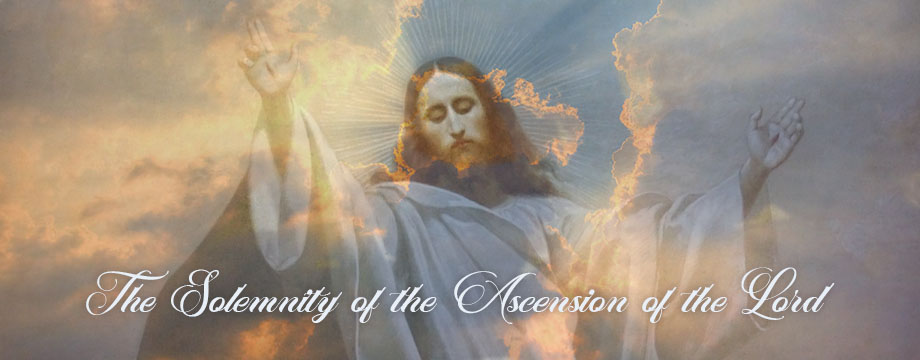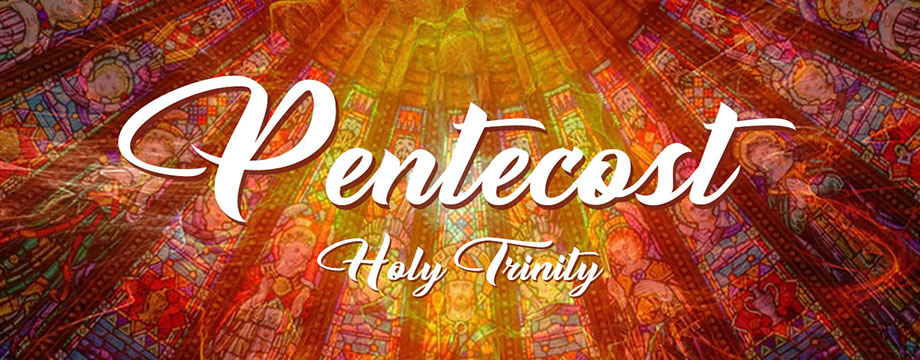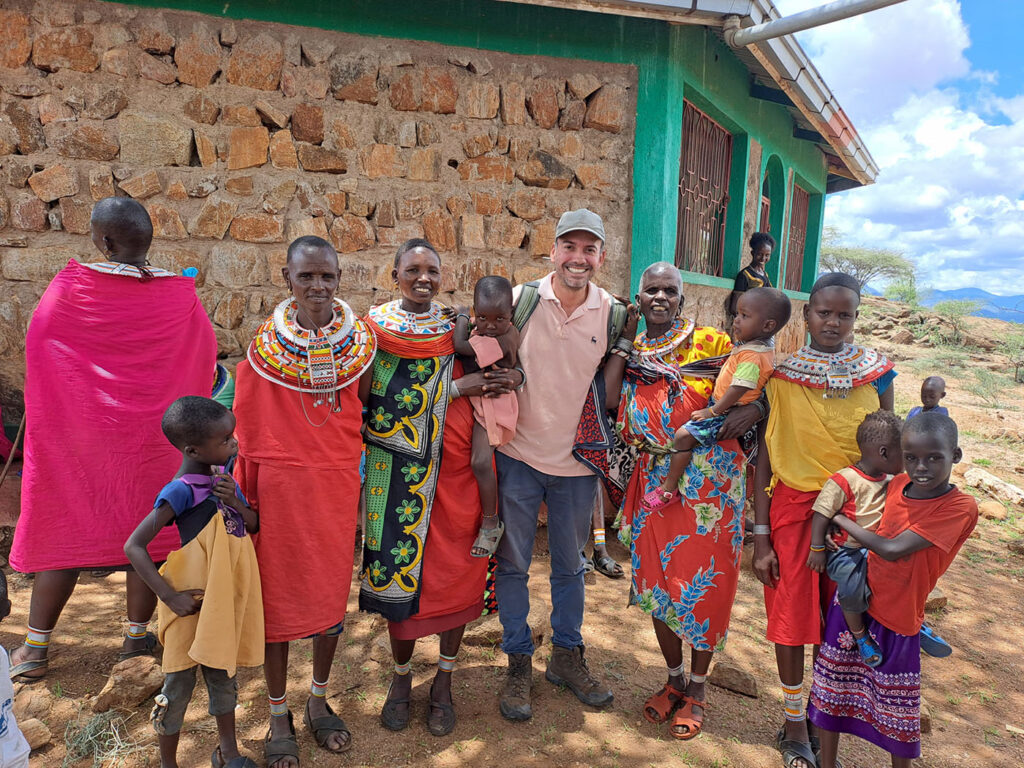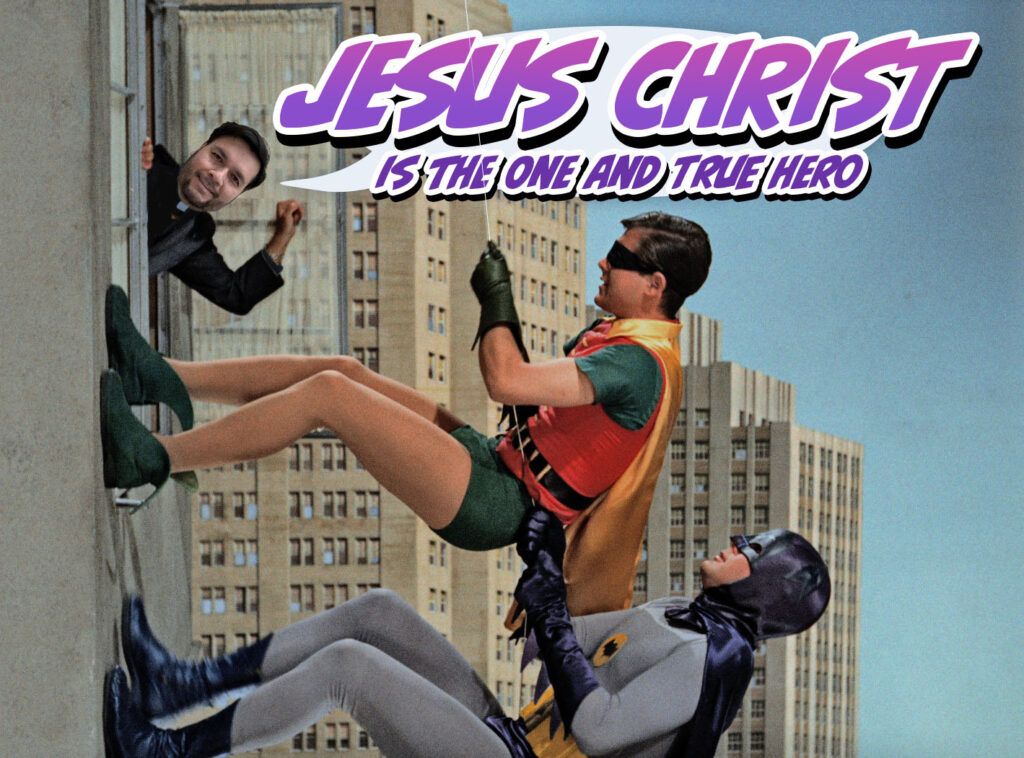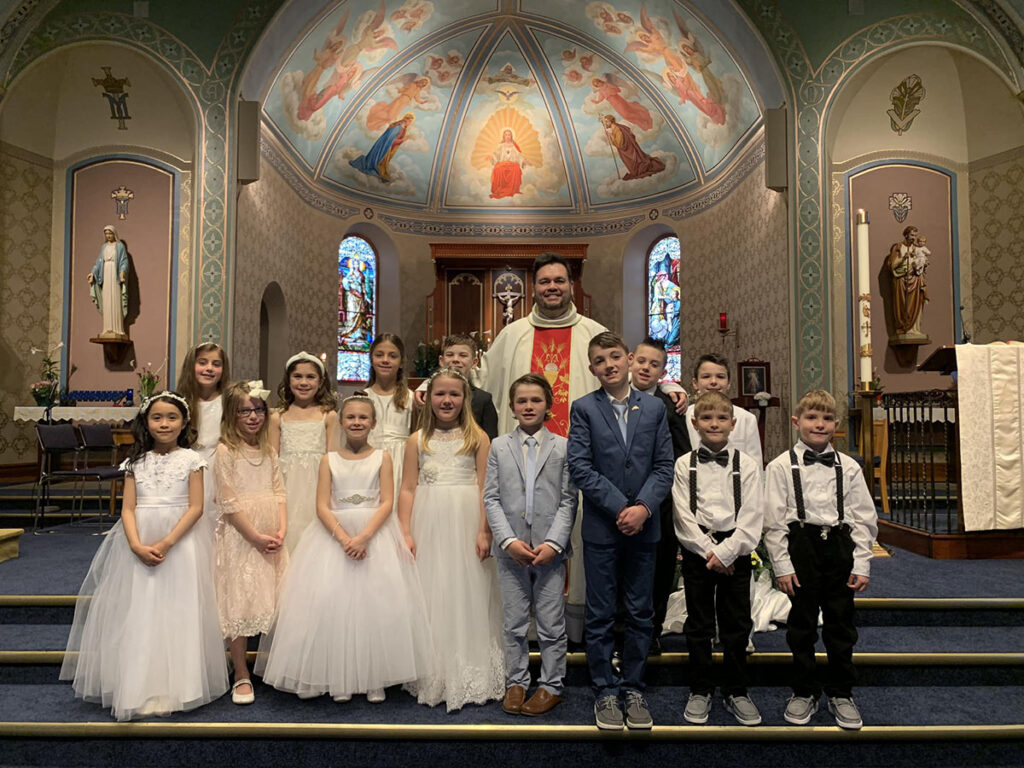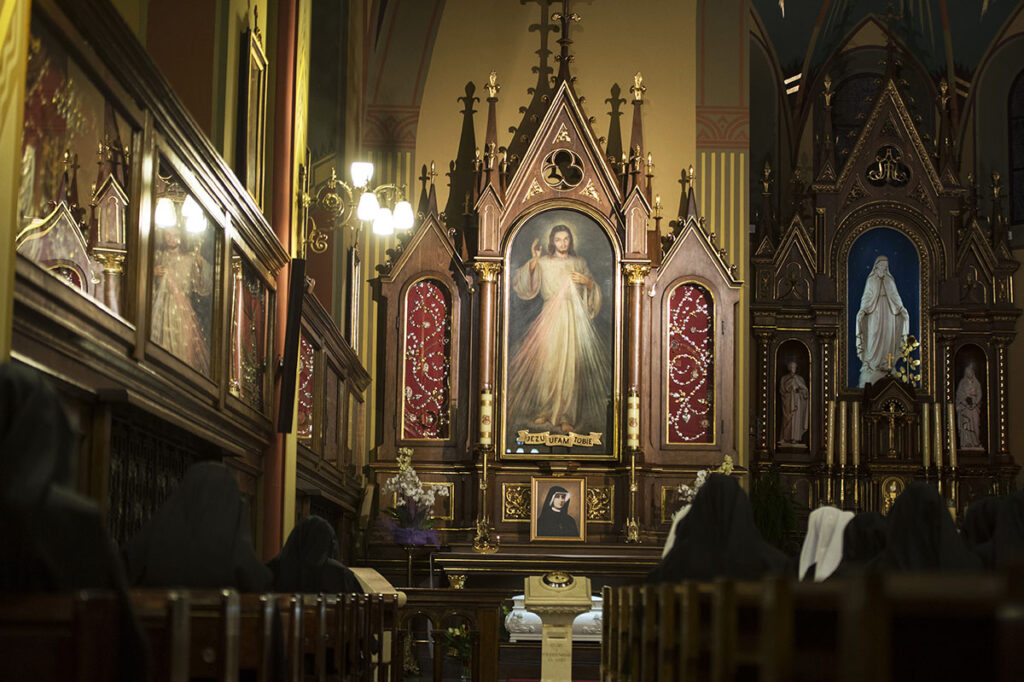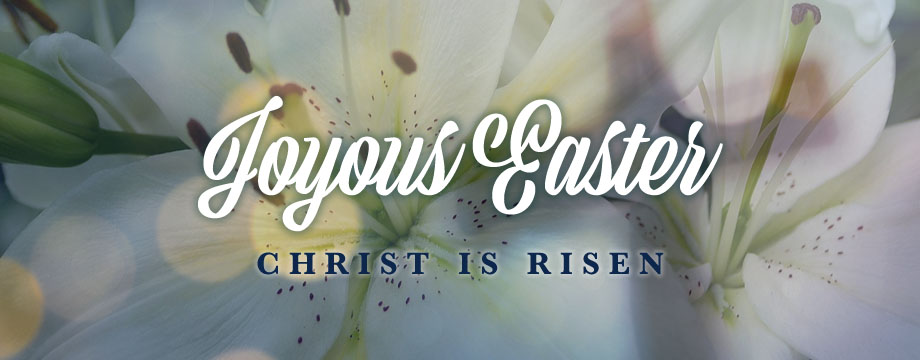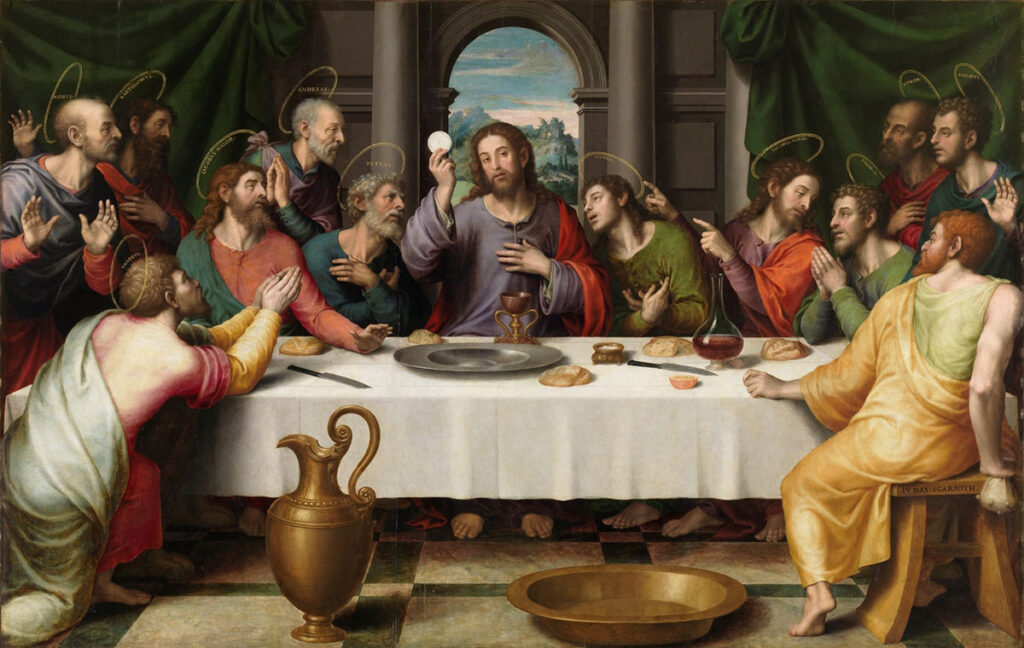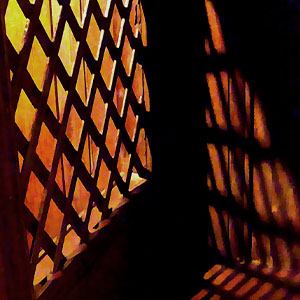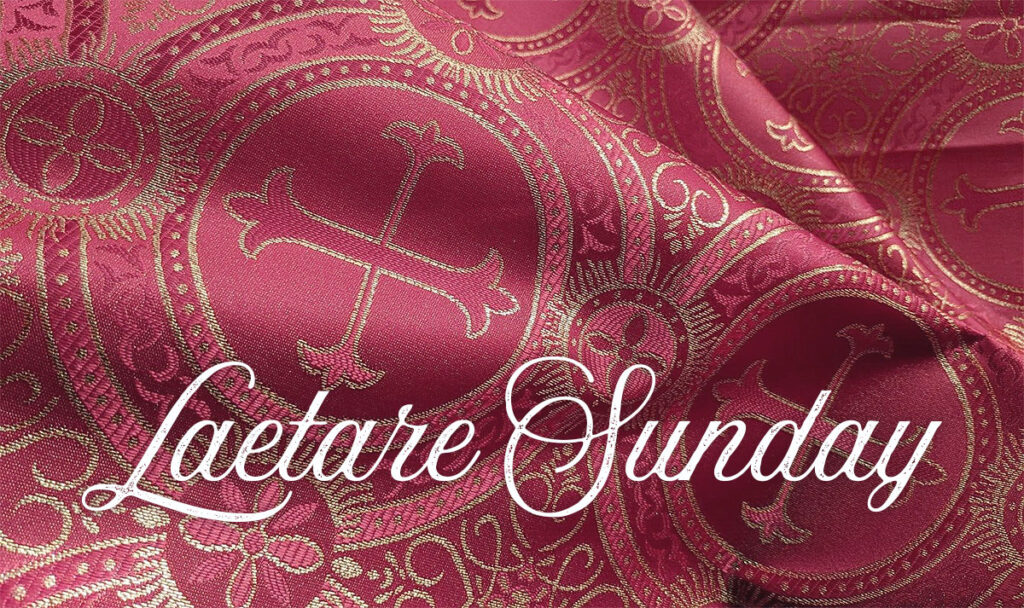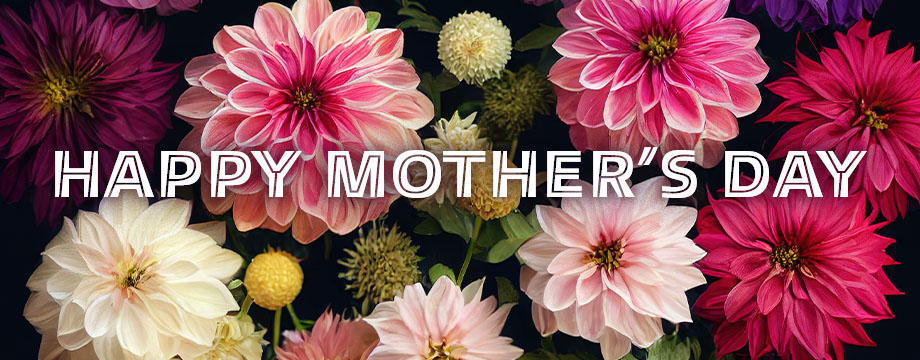
This is a good question.
We have the tradition of celebrating Mother’s Day during May. We see on television how important our mothers are, and television ads recommend buying them clothes, jewelry, appliances, a car, or just to give them money. I wonder, is this really a good way to celebrate Mother’s Day?
Of course, material possessions are good to demonstrate our appreciation for them; however, it is not enough. If we only remember our mothers once a year, buying expensive stuff for them is not enough if we do not demonstrate with our words and actions how much we love them every day of the year.
So, is it really Mother’s Day? I believe that the most important thing is to demonstrate the love we have for our mothers. If we are at home with them, say “Mom, I love you,” kiss her, give her a big hug, prepare dinner for her, and express with your actions all the gratitude and love you have for her. If your mother is far away, call her, make a video call, write a letter or card, and send it by mail, and express everything you feel for her. In addition, something very special that you can do for her is to pray.
We can pray the Holy Rosary for our mothers, especially for those in heaven. The Blessed Virgin Mary, who is also our mother, is always ready to intercede for us. She loves us very much, and she always desires to protect us and our loved ones. Our mother is one of the most beautiful gifts that the Lord God has given us. Let us pray always for our mothers and express our gratitude and love for them always.
If you ask me, if today is really Mother’s Day, my answer is NO. Today is not Mother’s Day, because Mother’s Day should be every day of the year. Therefore, let us always express our love for our mothers, not only in May.
May God continue to bless our mothers always!
Fr. Jorge Ramirez.
A Prayer in Gratitude for Our Mothers
Good and Gentle God, we pray in gratitude for our mothers and for all the women of theory who have joined with you in the wonder of bringing forth new life. You who became human through a woman, grant to all mothers the courage they need to face the uncertain future that life with children always brings. Give them the strength to live and to be loved in return, not perfectly, but humanly. Give them the faithful support of husband, family, and friends as they care for the physical and spiritual growth of their children. Give them joy and delight in their children to sustain them through the trials of motherhood. Most of all, give them the wisdom to turn to you for help when they need it most.
Author Unknown



